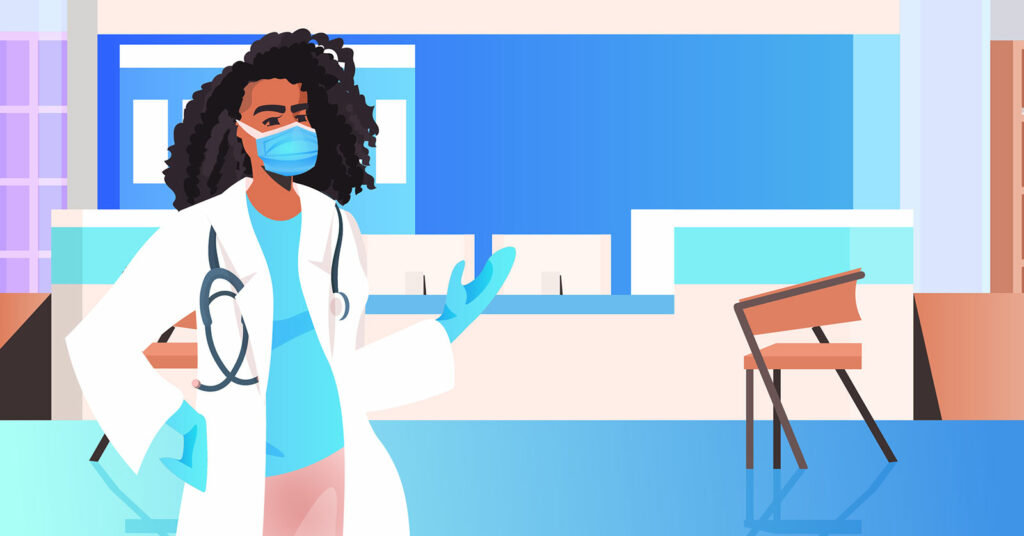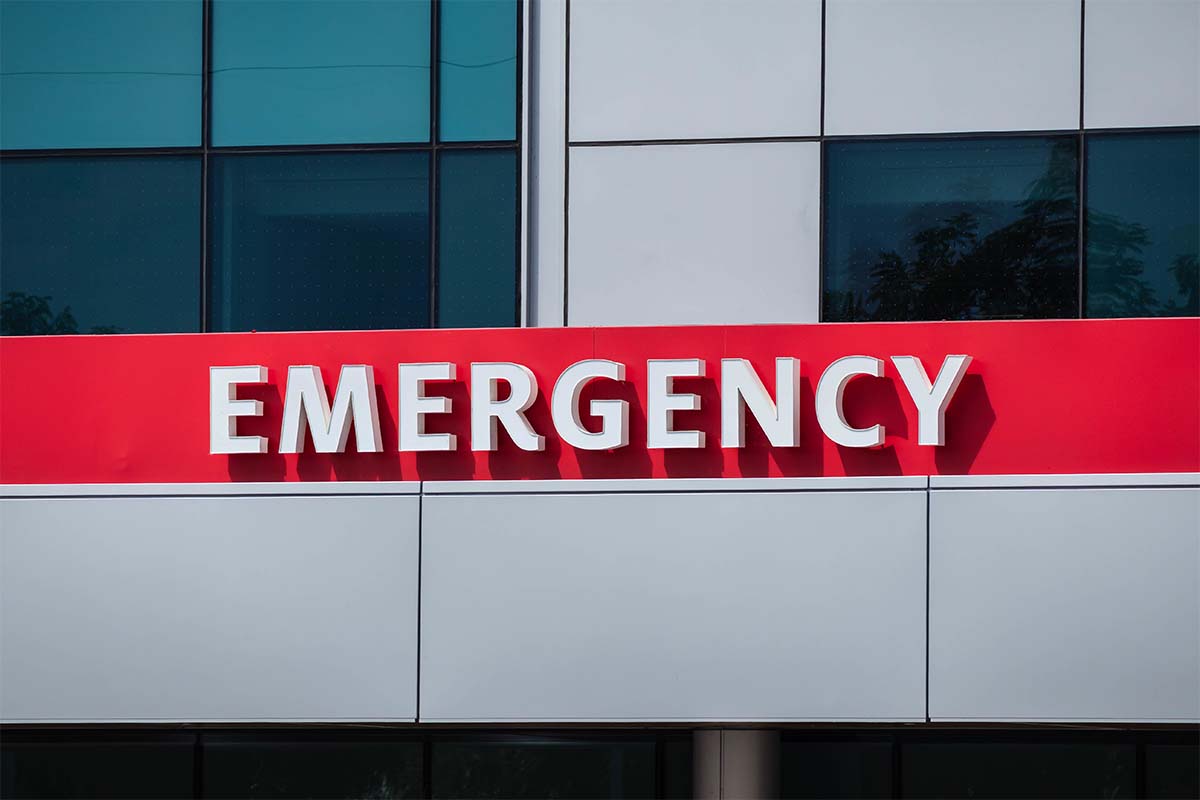
February is Black History Month and what better way to acknowledge it than to celebrate the pioneers who trailblaze medicine. These brave men and women found ways to circumvent cultural and socioeconomic oppression to bring the world lifesaving, healthcare contributions.
Many early African American medical professionals entered the field to make a difference to their own communities. The separatist mindset followed the Civil War into continued historical medical inequities as people of color were not afforded adequate or equal medical treatment. This timeline shows bravery, grit and brilliance by these early pioneers who sought remediation and not the politics of skin color.
A History of Medical Pioneers
James McCune Smith, MD (1813 — 1865)
James McCune Smith, MD, was a man of firsts. In 1837, he became the first black American to receive a medical degree and own and operate a pharmacy. When Smith returned to New York from University in Glasgow, Scotland, his intellect and energy made him an instrumental figure in an emerging black community. A prominent abolitionist, Smith worked with Frederick Douglass to establish the National Council of the Colored People. (Duane, Thurston 2019)
Rebecca Lee Crumpler, MD (1831 — 1895)
In 1864, after years as a nurse, Rebecca Lee Crumpler became the first black woman in the United States to receive an MD degree. She earned that distinction at the New England Female Medical College in Boston, Massachusetts — where she also was the institution’s only black graduate. After the Civil War, Crumpler moved to Richmond, Virginia, where she worked with other black doctors who were caring for formerly enslaved people in the Freedmen’s Bureau. (Haskins 2019)
Mary E. Mahoney (1845 – 1926)
The first African American to study and work as a professionally trained nurse in the United States. Mahoney was also the first African American to graduate from an American school of Nursing. Her list of first continue and she became the first African American member of the American Nurses Association (ANA) and was a member of the inaugural class of Nursing Hall of Fame in 1976. (USFHEALTH, 2020). She has made significant contributions not only to field of nursing and integration within the nursing profession but was also an advocate and pioneer in the woman’s suffrage movement.
Daniel Hale Williams (1856 — 1931)
One of the first physicians in the U.S. to achieve open-heart surgery in the year of 1893. Williams also founded the Provident Hospital and Training School for Nurses which was the first racially integrated nurse and intern program in the U.S. and was a major contribution to integration in the field. Williams understood the importance of working together and collaborating regardless of the color of one’s skin. (USFHEALTH, 2020)
Solomon Carter Fuller (1875 – 1953)
Solomon Carter Fuller was the first African American psychiatrist. He also performed considerable research concerning degenerative diseases of the brain. Solomon Fuller’s major contribution was to the growing clinical knowledge of Alzheimer’s disease. As part of his post-graduate studies at the University of Munich (Germany), Fuller researched pathology and specifically neuropathology. (Hueng 2020)
Leonidas Harris Berry, MD (1902 — 1995)
It was during Dr. Berry’s second year as the gastroenterologist at Provident Hospital, an all-black hospital in Chicago, that he became fascinated with the idea of viewing the stomach through a device called a gastroscope. A desire for training in the instrument influenced Dr. Berry to study under Dr. Rudolf Schindler of Germany to learn gastroscopy technique and procedures, gastroenterology, and endoscopy.
It is likely that Dr. Berry was the first African American to practice gastroscopy with this model during this time of segregated medicine. While other model scopes would appear on the market in the 1950s, Dr. Schindler’s semi-flexible scope was a major advancement in the field and remained widely used until 1957. (Orphanidas 2018)
Jocelyn Elders (1933 — 87 years of age)
Outspoken and unapologetic Joycelyn Elders was selected and appointed as the first African American Surgeon General by President Bill Clinton in 1993. Elders was an advocate of early sex education, drug education and distribution of contraception in schools. A few of her major contributions while in office include the decrease of teen pregnancy by increasing the availability of birth control, counseling, and providing sex education at school-based clinic, expanse of the availability of HIV testing and counseling services, breast cancer screenings and better hospice care for the elderly and much more. She was an accomplished pediatric endocrinologist and continues to stand for what she believes and remains a voice of progressive ideas in medicine and education. (USFHEALTH 2020)
This list is most definitely incomplete. The aforementioned contributions are life-saving and humankind continues to benefit from the persistence and curiosity of these innovative, healing, medical professionals.
The History Continues to Modern Medicine
To round out this list, we celebrate Dr. Kizzmekia Corbett. Dr. Anthony Fauci, the nation’s top infectious disease expert and a constant presence on TV during the coronavirus pandemic, was asked a blunt question during a forum hosted last week by the National Urban League: “Can you talk about the input of African American scientists in the vaccine process?” Dr. Fauci did not hesitate to answer.
Dr. Corbett is a female African American scientist at the National Institute of Health (NIH) who is right at the forefront of the development of the vaccine. This ABC segment gives us a background of her contribution to the vaccine development and trials. (ABC 2020)
As we navigate a frightening pandemic, we are comforted with knowing that physicians like Dr. Corbett are on the front lines of disease doing battle for us.
We Celebrate with You!
Becoming a doctor, nurse or other medical professional has not always been an open door to persons of color. We see your contributions and accomplishments and thank you. We encourage people, of all race, gender, color, or any other human differentiator, to celebrate with us your gifts of medicine, especially those given to us by these pioneers. We celebrate our collective diversity with you and your persistence to follow your dreams to enrich the medical world.
Works Cited
Duane, Anna Mae, and Thomas Thurston. “Read AFS Bios.” James McCune Smith | AFS Bios | Examination Days: The New York African Free School Collection, www.nyhistory.org/web/africanfreeschool/bios/james-mccune-smith.html.
USFHEALTH. “African-American Trailblazers in Medicine & Medical Research” Morsani College of Medicine, 01 Feb. 2020, https://www.usfhealthonline.com/resources/healthcare/african-american-trailblazers-in-medicine-medical-research/
Haskins, Julia. “Celebrating 10 African-American Medical Pioneers.” AAMC, 25 Feb. 2019, www.aamc.org/news-insights/celebrating-10-african-american-medical-pioneers.
Orphanides, Nicole. “Inventor & Mentor: Dr. Leonidas H. Berry and the Gastroscope – Circulating Now from NLM.” U.S. National Library of Medicine, National Institutes of Health, https://circulatingnow.nlm.nih.gov/2018/07/19/inventor-mentor-dr-leonidas-h-berry-and-the-gastroscope/.
Heung, Camille. Solomon Carter Fuller (1872-1953), 6 Feb. 2020, www.blackpast.org/african-american-history/fuller-solomon-carter-1872-1953/.
ABC News, ABC News Network, 13 Dec. 2020, https://abcnews.go.com/Health/kizzmekia-corbett-african-american-woman-praised-key-scientist/story?id=74679965.
















